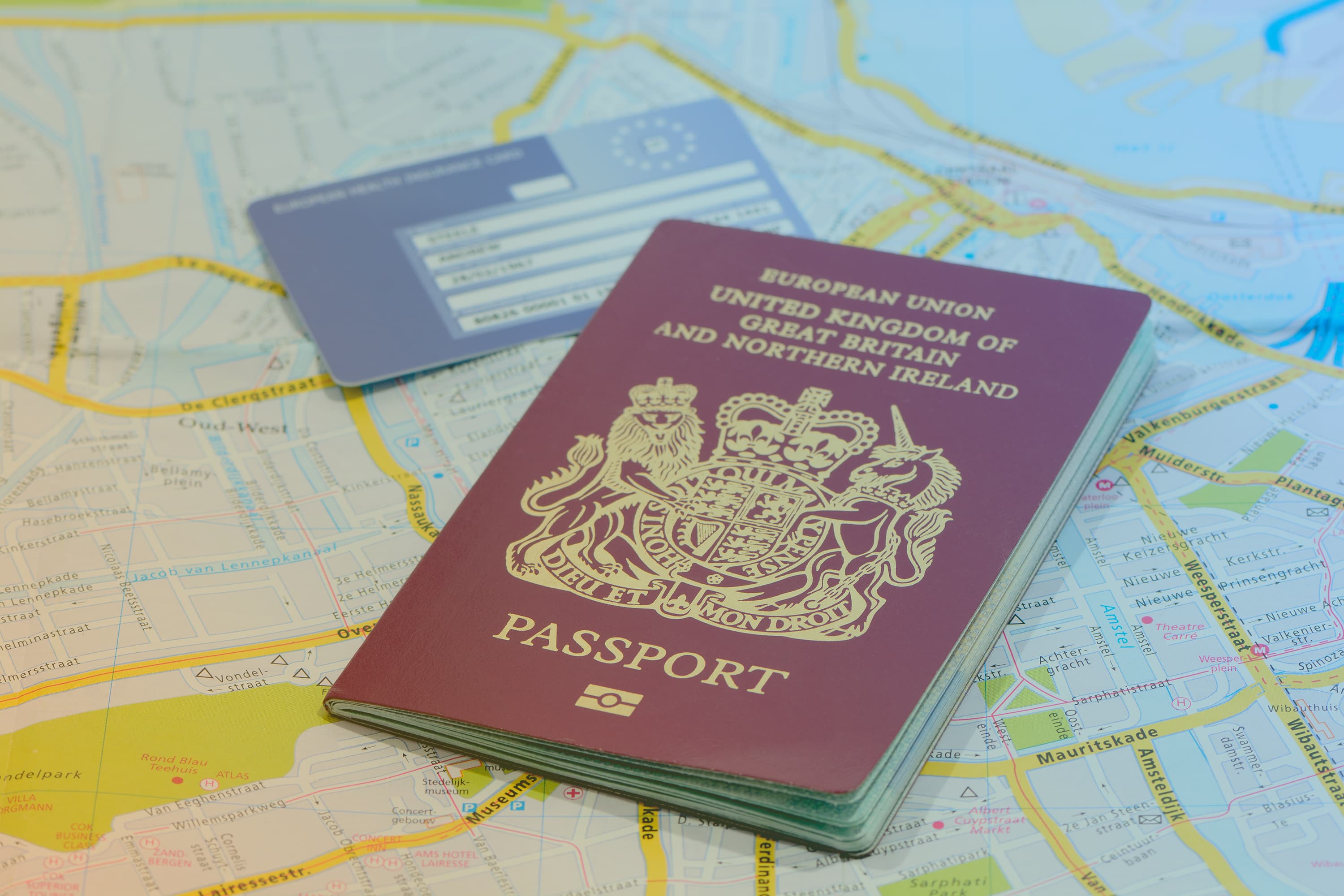Often wonder how long DBS checks are taking? You’re in the right place.
It’s important for you to have reliable and efficient DBS checks. But some DBS checks involve additional review by police forces, and their processing times can sometimes impact overall timelines.
So, we’ve pulled data from the Disclosure Barring Service and our own database to keep you up to date with everything going on – general wait times, our timelines, and what’s influencing checking times.
Here’s an overview of May’s performance.
May overview of DBS check processing times
Processing times ranged between:
- Enhanced checks: 12.4 days
- Standard checks: 1.2 days
- Basic checks: 0.7 days
- Aged cases (those taking longer than expected) increased slightly from 16,391 to 16,754.
- Police forces completed 38% of aged cases held in May, this figure rising to 69% when excluding the three delayed forces (Hampshire, Kent, and Sussex).
Police performance
DBS commissions 52 police forces and law enforcement agencies, processing over three million checks annually. Most forces work efficiently, but three forces – Hampshire, Kent, and Sussex – continue to face significant challenges that are impacting returned checks, aged cases, and turnaround times.
Key police stats for May
- Average return time: 23 days.
- Aged cases: Increased slightly to 16,754, with the delayed forces holding 78% of the total processed cases.
- Forecast vs reality: Forces were sent 7,000 fewer checks than forecast for May, easing some workload pressure
Update on the three forces
Hampshire Police
Hampshire continues to face challenges, including high volumes over consecutive years, ongoing IT-related issues, and staff attrition. They’re actively recruiting but 8% of positions remain vacant (2.36 FTE), and 3 FTE new starters (10%) are still undergoing training.
Measures like overtime and additional staffing are helping to reduce pressures, but Hampshire’s aged cases remain high at 5,128. Continued focus on recruitment and IT resolution will be central to future progress.
Kent Police
Recruitment challenges have slowed progress in Kent. The force continues to face 19% vacancies (10.02 FTE), with only a 7% (3.62 FTE) new starter rate, down from April, reflecting the difficulty in securing high-quality applicants.
A long-term restructure of their Disclosure Unit is underway with the aim to improve resilience and performance. The benefits won’t be fully realised until the 2025/26 mid-year mark. Aged cases for Kent decreased to 2,816, showing existing recovery efforts are having a gradual effect.
Sussex Police
Sussex has applied significant interventions under a Gold Group recovery initiative, which prioritises improvements at the highest level. The force now has 3.31 FTE vacancies (12%) and is managing 7.81 FTE new trainees (29%), showing progress on staffing.
Key measures include funding additional roles, funding overtime, assigning training buddies for smoother onboarding, and engaging other forces to assist with ‘less complex’ checks. Sussex’s commitment to structured, high-level focus is driving recovery, but full results will take time as staff complete training stages.
Focus on staffing
Across all forces, staffing is an ongoing challenge. Recruitment typically take three months, police vetting adds another three months, and training extends over an additional six to nine months. Vacancies have reduced slightly from 115 to 109 in May, but the lengthy onboarding timeline delays the full positive impact of new hires.
uCheck’s performance at a glance
Delays are sometimes out of our control. But we’re proud to provide fast, efficient service to you:
- Enhanced DBS checks: Average turnaround time: 8.8 days
- Standard DBS check: Average turnaround time: 1 day
- DBS Basic checks: Average turnaround time: 0.5 days
- Disclosure Scotland checks: Average turnaround time: 6.25 days
Our performance reflects our commitment to streamlining the DBS process for you, no matter the challenges.
Background information
Why do checks go to the police?
Enhanced DBS checks are sent to a police force when there’s a potential match between the applicant’s details and records on police systems. This means checks can be referred to any police force holding information on a person with the same or similar name, regardless of where the applicant has lived.
There’s one exception: if someone’s applying for a role based in their own home (like a foster carer), their application will always be sent to relevant police forces, even if there’s no match, so that checks can also be carried out on other individuals living at, or visiting, the home.
During this process, the police may need to gather information from other organisations, adding to the processing time.
What happens if there is a match?
If there’s a match on the Police National Computer or police force records, the application is sent to relevant forces or agencies. Police check if they hold any information that may be relevant to the role being applied for, such as work with children. If no relevant information is found, the application comes straight back to DBS.
If the police do hold relevant information, they assess whether it should be disclosed on the DBS certificate. In most instances, no information is disclosed, but the police still have to review the data before reaching a decision. When several forces are involved, or when details require in-depth review, processing can take longer.
If there are mistakes or missing information on the application form, this will flag a ‘conflict’ and the application is returned to DBS for clarification. They’ll then contact the employer, responsible body, or applicant for more information, which can add to the processing time.
What factors affect police processing performance?
Many factors can impact how quickly police forces are able to return checks, including:
- High demand for DBS services.
- Assessing information held, which can require seeking legal advice on its relevance for employment.
- Managing representations or responses, which sometimes means further information is needed.
Each of these steps is designed to safeguard applicants and employers but can occasionally add to the time it takes to complete a DBS check.






